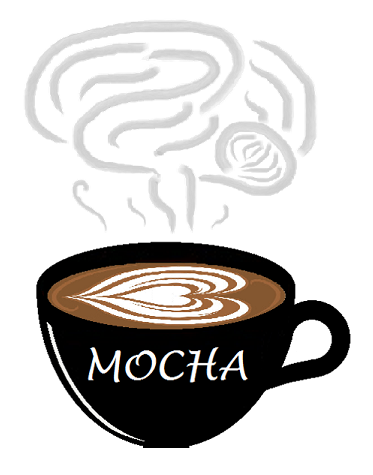
Supported by: Department
Study Investigator: David Greer, MD
Principal Investigator at BMC: David Greer, MD
Primary Research Contact: Katie Dam, BA (617-638-9004)
Summary
Cardiac arrest remains a significant cause for permanent neurological disability. Early prognosis of comatose patients after cardiac arrest is critical for management of these patients, yet predicting outcome for these patients remains quite challenging. Neurologic outcomes have now improved after the incorporation of hypothermia therapy in cardiac arrest patients. However, the prognostic factors we utilize to discuss the likelihood of a good or poor neurologic outcome with patient's families were described prior to this intervention becoming standard of care. The majority of patients fit into the “indeterminate” category, meaning there are no definite clinical, radiographic, laboratory or electrophysiologic findings to predict either a devastating outcome, or a meaningful recovery. In these cases, the family is left to decide whether to continue to maintain the patient on life-support or not without any objective findings to guide them. These decisions also tend to occur within a week of the patient's arrest, and it is unknown to date how much time is appropriate to allow these patients to recover neurologically. Thus, many current prognostication studies are also burdened by early withdrawal of life support without the definite assessment of long-term outcomes.
In this study, we are creating a prospective data registry including the patient demographics, arrest details, therapeutic hypothermia details, relevant co-morbid clinical events, imaging findings (e.g. head CT, MRI), laboratory results, and neurophysiologic studies (e.g. electroencephalogram, EEG) to best determine what clinical risk factors are best for determining outcomes in cardiac arrest patients. We will be recording clinical data, including detailed clinical neurological examinations, EEG, neuroimaging and other clinical data by the treating providers, per hospital protocol.
Purpose
The purpose of this study is to create an international clinical data registry that will be used for current and future research projects involving the study of post-cardiac arrest patients and the clinical characteristics and prognostic factors that affect neurologic outcome. Our ultimate goal is to come up with a prediction model for prognostication in cardiac arrest, using multiple modalities that are already clinically in use, but in a more standardized fashion. Our hope is that these tools, either in isolate or in combination, will be able to more accurately predict outcome for patients initially comatose following cardiac arrest.
Enrollment Criteria
Inclusion Criteria:
- Age 18 years and older (no upper age limit)
- Initially unconscious following cardiac arrest from any non-perfusing rhythm (i.e., ventricular tachycardia, ventricular fibrillation, pulseless electrical activity, asystole)
- Sustained return of spontaneous circulation (ROSC) as defined by maintained spontaneous circulation for at least 20 minutes after cardiopulmonary resuscitation
Exclusion Criteria:
- Subjects younger than 18 years of age
- Isolated respiratory arrest without concomitant or ensuing cardiac arrest
Status: Actively enrolling patients
All information regarding this study can be found at the official MOCHA study website by clicking on the logo to the right:
More information on MOCHA.
 ht
ht 

 English
English Français
Français Deutsch
Deutsch Italiano
Italiano Español
Español Tiếng Việt
Tiếng Việt